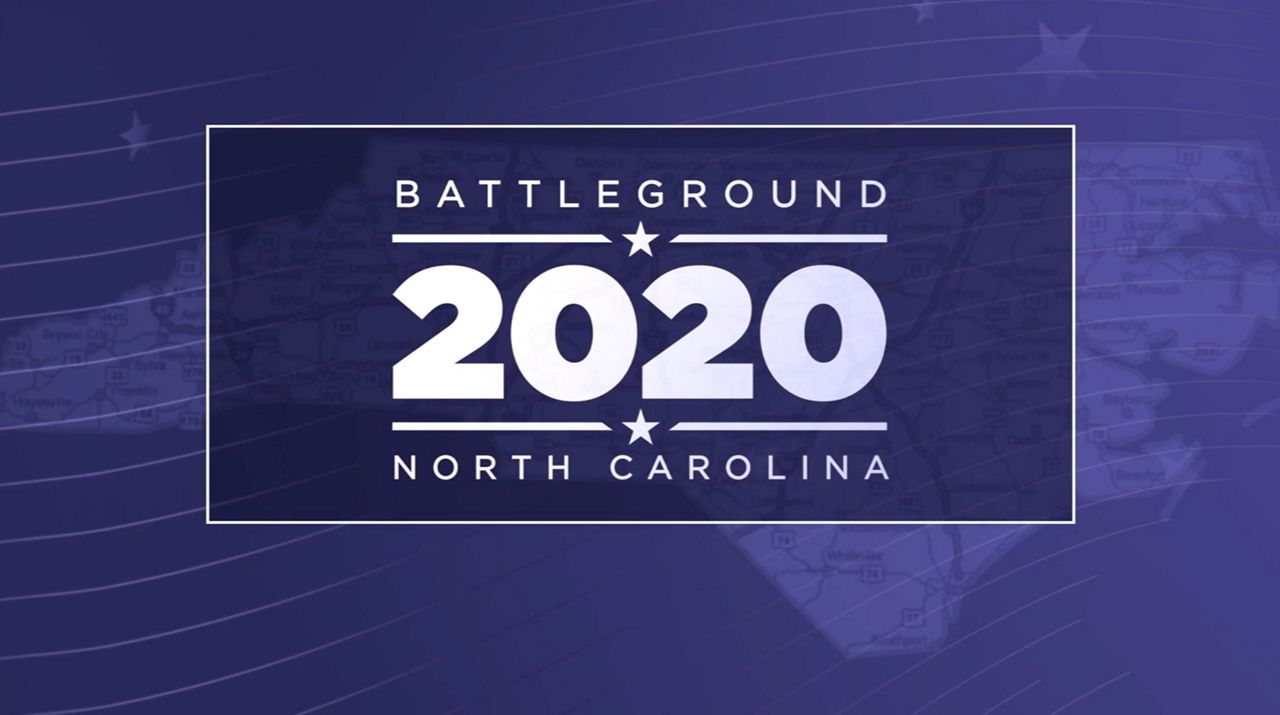North Carolina is politically a purple state. Some call it purple with a red hue.
In 2008, Obama won the state. In 2012 and 2016, the GOP presidential ticket carried the day.
So, what might happen in 2020? Who will win its 15 Electoral College votes?
“Battleground 2020: North Carolina” aims to unpack that question, looking at some of the key factors at play heading into next year’s election, from the state’s evolving population to the plight of farmers during the trade war.
Click on the links below to watch all five parts of the series.
Part 1: North Carolina Swing Counties
Between 2012 and 2016, seven North Carolina counties -- many of them rural -- flipped from backing the Democratic presidential ticket to backing the Republican ticket: Bladen, Gates, Granville, Martin, Nash, Richmond, and Robeson.
Only one county flipped from red to blue: Watauga.
What inspired these changes? And what are the county party leaders doing in response?
Part 2: North Carolina’s Farmers and the Trade Fight
Agriculture is the heartbeat of the North Carolina economy. But for farmers, the ongoing fights on the global stage are causing a whole lot of heartburn.
Could the international trade dispute make farmers reconsider who they plan to vote for in 2020? Some farmers who spoke with Spectrum News said they are still backing the president. One said he may not.
Part 3: North Carolina and the Democratic Candidates
With a crowded field, Democrats have a lot of options to choose from when picking their presidential nominee.
Who might do best in the Tar Heel State? Which candidate do the voters prefer? Many voters across the state who spoke with Spectrum News said they so far have not decided.
However, in interviews, one name popped up more often than others: former Vice President Joe Biden.
Part 4: North Carolina’s Changing Demographics
North Carolina’s population is constantly changing, with many people moving in and out of the state. Annually, the state sees a net gain of roughly 85,000 new residents from migration.
How might that impact the state’s politics heading into an election year? There is no easy answer.
Part 5: North Carolina Suburbs
The suburbs played a key role nationwide during the 2018 midterm elections, helping Democrats win control of the U.S. House.
Those communities will likely be critical again during the 2020 presidential election. In a battleground like North Carolina, small shifts in the suburbs could determine who wins the state.
So what are voters in those communities thinking at this stage in the campaign?



